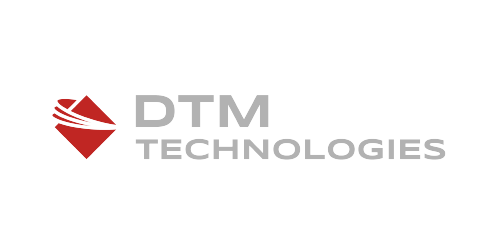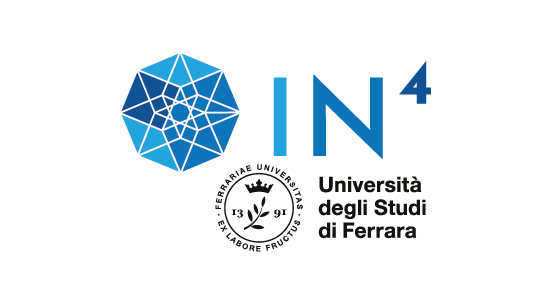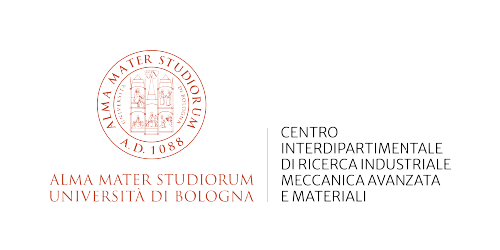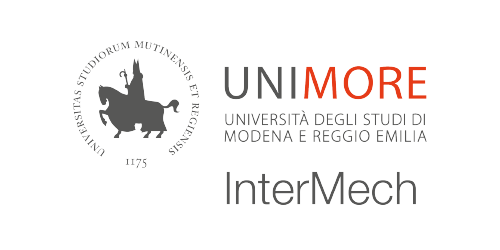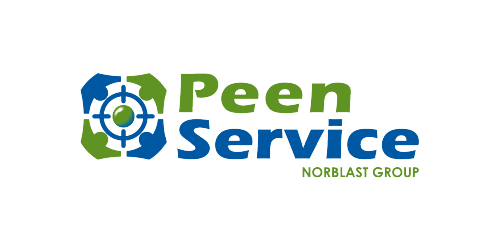Aluminum Alloys for Components Subject to Fatigue and Fretting: Integrated Coatings and Surface Treatments
Description
Aluminum alloys allow for substantial weight reduction in numerous critical mechanical components, but at the same time, fatigue and surface fatigue phenomena induced by fretting are a limitation to the reliability and performance of these alloys.
In this context, the ALERT project is developed, focusing on case studies of aeronautical applications to extend the results to structures in the ‘space’ field

The objectives
Investigate fatigue and surface fatigue phenomena from fretting (limited amplitude movements at a high number of cycles) in aluminum alloys used for critical components. ALERT will focus on aeronautical applications, starting from case studies and extending the results to space structures, applying both surface treatments and coatings to improve fatigue and fretting behavior. The research activity extends from TRL 4 (laboratory tests on samples) to TRL 6 (tests on demonstrators in test benches).
Activity Plan
- Determination of fretting and fatigue resistance of selected Al alloys for aerospace applications, both plastically deformed and manufactured via Additive Manufacturing
- Selection and application of optimized surface treatments and coatings to increase the fatigue resistance of the alloys selected in 1)
- Construction and fatigue testing of demonstrators made with the best combinations of alloys and surface modifications obtained in 1) and 2)
- Extension of the developed solutions to structural components for space applications through fatigue life calculations according to the requirements set by Space Agencies.
Project results
The expected quantitative results are:
1 – the increase in fatigue resistance through
- Surface treatments (+30% for Al alloys made by AM process and +50% for alloys from plastic deformation)
- Coatings (+15%)
2 – Increase in fretting resistance by 25% thanks to the developed treatments/coatings
